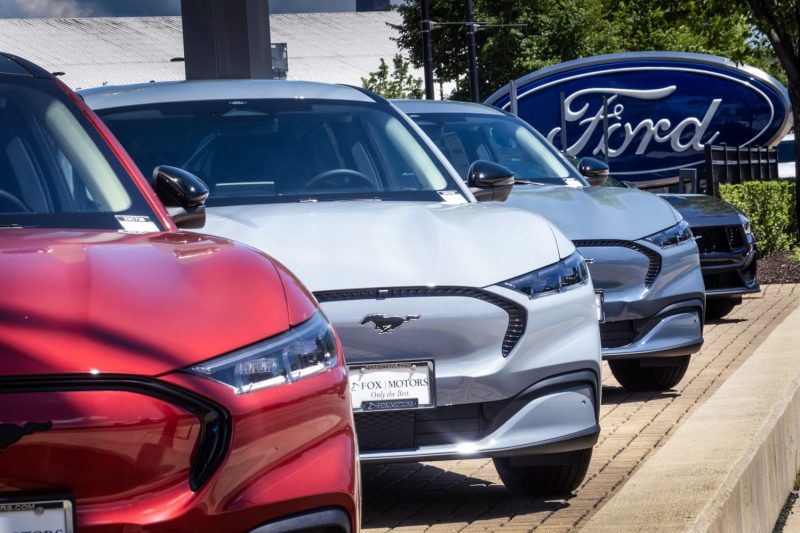Ford Motor Company has made headlines with its recent announcement of a significant shift in its electric vehicle (EV) strategy, investing a hefty $1.9 billion into the transformation. The decision to redirect funds from traditional internal combustion engine models to EVs is a bold move that has raised eyebrows but also garnered praise from industry experts and environmental advocates.
The rationale behind Ford’s strategic pivot lies in the rapidly evolving automotive landscape and the increasing global demand for cleaner, more sustainable transportation options. With stricter emissions regulations being implemented worldwide and the growing trend towards electric mobility, Ford recognizes the need to adapt and stay competitive in the market.
One of the key pillars of Ford’s new EV strategy is the development of a dedicated EV platform that will underpin a range of electric vehicles across different segments. This move will enable Ford to streamline its EV production process, reduce costs, and accelerate time-to-market for new electric models. By focusing on a dedicated EV architecture, Ford aims to enhance the performance, range, and overall appeal of its electric vehicles, setting itself apart from competitors in the EV space.
Furthermore, Ford’s commitment to electrification extends beyond just product development. The company has also announced plans to invest in expanding its charging infrastructure, which is a crucial component in supporting the widespread adoption of electric vehicles. By investing in charging solutions and network expansion, Ford aims to address the range anxiety often associated with EVs and make electric mobility more convenient and accessible for consumers.
Another key aspect of Ford’s EV strategy is its emphasis on innovation and collaboration. The company has forged strategic partnerships with tech companies and suppliers to leverage cutting-edge technologies and expertise in developing advanced electric propulsion systems and battery technologies. By collaborating with external partners, Ford can harness synergies and accelerate the pace of innovation in the EV space, ensuring that its electric vehicles are at the forefront of technological advancement.
In conclusion, Ford’s $1.9 billion shift in its EV strategy represents a pivotal moment in the company’s history as it gears up to embrace the electric future. By investing in a dedicated EV platform, expanding its charging infrastructure, and fostering collaborations with industry partners, Ford is positioning itself as a leader in the rapidly evolving EV market. With a strong focus on sustainability, innovation, and customer-centricity, Ford is charting a new course towards a cleaner, greener, and more electrified future.

